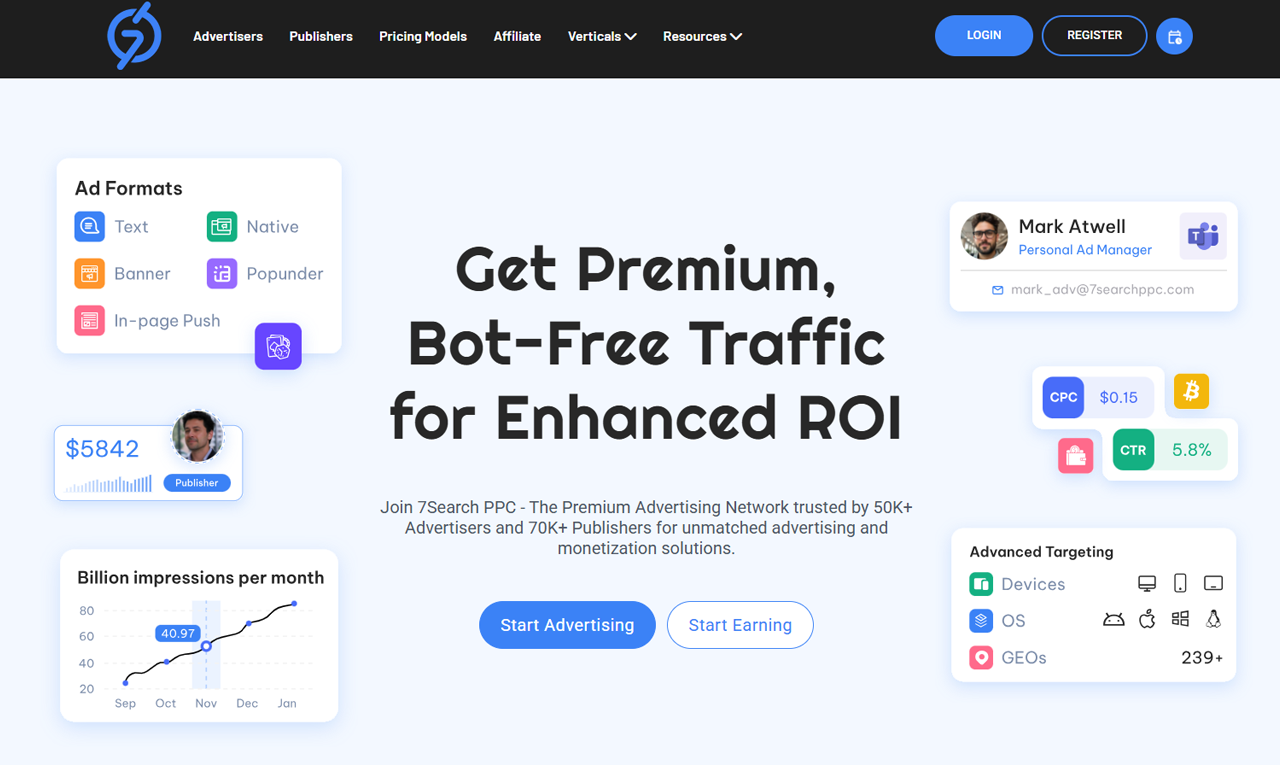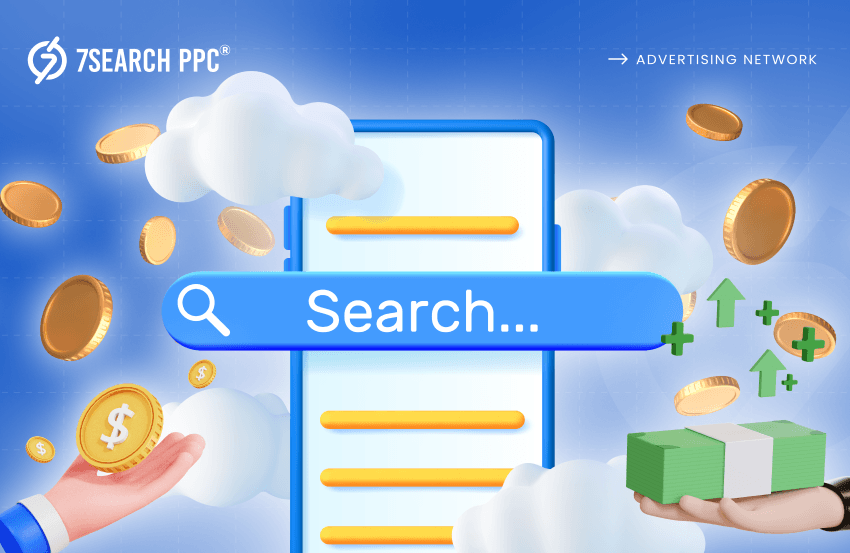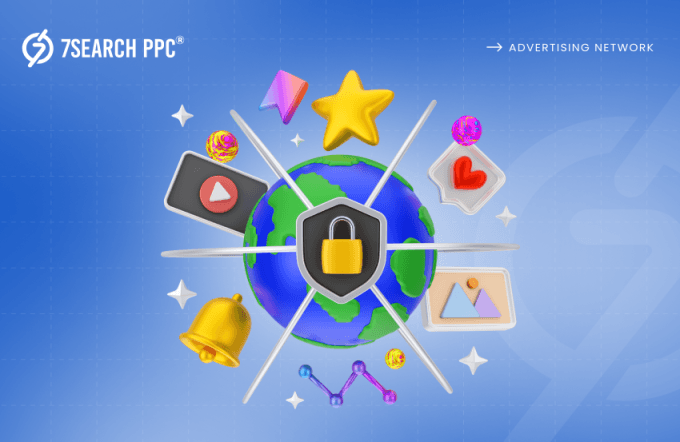Hello, amazing readers! Today, we are going to talk about something that is going to benefit you immensely. Now, you must be thinking what it is. In this blog, we will be discussing various techniques for search engine monetization that you can implement in order to generate huge revenues.
The thing is, if you follow these techniques of monetizing your traffic, then you will definitely be able to earn good money through it. So, we will not waste any time and dive right into this amazing blog that has the potential to make you rich.
What Is Meant By Search Engine Monetization?
Let us explain search engine monetization to you in very simple words: It can be defined as converting your traffic into revenue through various search engine techniques. There are many search engine techniques to do so, and we will discuss them with you in this very blog.
It works by matching keywords with what web users are looking for, providing them with the desired content, and then converting that traffic into money.
Benefits of Search Engine Monetization
There are several benefits of monetizing your traffic. Let’s discuss them one by one:
Enhanced Reach
One of the most amazing benefits of search engine monetization for publishers is that it provides them with a wide reach, and this reach can provide high traffic to their websites.
Analytics
Publishers get some analytics tools from website monetization platforms so that they can analyze the performance of ads, user reaction to those ads, and metrics related to revenue generation.
Income Generation
Publishers can earn handsome amounts by placing ads on their websites. In this way, they can generate a source of income for themselves by working with popular ad networks, such as our ad network – 7Search PPC.
Scalability
Search engine monetization helps publishers generate income through the traffic they get, and thus, they can optimize their new content with the help of this earned income so that they do not incur any/much loss.
Diversified Income
Publishers can generate income through various ways, such as placing relevant ads, creating sponsored content, and charging a subscription fee.
Techniques That You Should Use For Search Engine Monetization
After getting an idea about search engine monetization and its benefits, we will discuss some techniques you can implement to generate vast amounts of money. Let’s begin:
SEO (Search Engine Optimization)

Optimizing the content of the website, such as text, images, and backlinks, is the most fundamental thing that a publisher should do. The reason for this is pretty simple- people value quality content.
When the publisher’s website is good-looking, it helps in generating traffic. Consequently, It improves the site’s ranking in search engine results pages (SERPs), which means more traffic, and this traffic can be monetized to gain revenue.
Affiliate Marketing
Affiliate marketing is a highly used strategy for monetizing search traffic. A business (advertiser) pays an amount to some other business (publisher) for promoting its products or services. This payment is the commission that the advertiser pays to the publisher for promotion. It is an excellent way for the publishers to generate an additional source of income.
There are mainly three types of affiliate marketing:
Unattached Affiliate Marketing
In this kind of affiliate marketing, the publisher has no or very little knowledge about the products or services that he/she promotes. The publisher makes no claims regarding that product or service and does not advise or recommend it.
Related Affiliate Marketing
In related affiliate marketing, generally, there is a connection between the publisher’s niche and the product or service that he/she promotes. The publisher can be asked to recommend that product or service even though he/she has never used it. Since the publisher has a good audience in that product or service’s niche, good income can be generated through proper marketing. But if their audience does not like the product or service, then there is a risk of losing their trust.
Involved Affiliate Marketing
Involved affiliate marketing is what its name implies; the publisher is completely involved in promoting a product or service because he/she has used it and trusts it. The publisher persuades his/her audience to buy this product or avail of this service in order to generate income.
However, there is a risk of the audience losing trust in the publisher if they face any trouble due to that product or service.
Now, let’s talk about various commission structures in affiliate marketing:
PPC (pay-per-click) commission structure: PPC (pay-per-click) commission structure involves paying an amount to the publisher by the advertiser on the basis of a certain number of clicks generated by referral links.
PPL (pay-per-lead) commission structure: PPL (pay-per-lead) is a kind of commission structure that involves paying a commission to the publisher for each lead generated. Lead could be generated in various ways, such as sign-up and form submission by web users.
PPS (pay-per-sale) commission structure: In this commission structure, the advertiser pays an amount to the publisher for each sale done.
Advertising
Advertising is the most commonly used strategy for monetizing your traffic. Engaging ads can be created in order to promote products and services. The advertiser bids for the ad spaces on the publisher’s website. An amount is paid by the advertiser to the publisher for each click he gets on his/her ad. Various pricing models can be used for the promotion of these ads. Let’s discuss these models:
-
- CPM (cost-per-mille) pricing model:- The CPM model can be used to increase the visibility of a business. The advertiser pays a certain amount to the publisher per thousand impressions for his ad. Using this model, advertisers do not have to worry about clicks or conversions, which is a big plus.
- CPC (cost-per-click) pricing model:- This pricing model is the most popular on the list. As the name implies, the CPC model allows the publisher to gain a certain amount from the advertiser every time his/her ad is clicked.
- CPA (cost-per-action) pricing model:- It is not wrong to say that the CPA model has varieties. Let us explain what it means. It means that advertisers can bid upon certain actions, such as form submission and sign-up, and publishers generate the pre-decided amount each time that action is fulfilled.
Keeping An Eye On Your Competitors
This is a self-explanatory point: There is no doubt that your competitors make your life hard, but they are also the ones who motivate you to do better. One more thing that your competitors can do for you is help you rank better. Now, how is this possible?
Many analytics tools, such as Semrush and Ahrefs, can help you analyze your competitors’ performances- what they are doing to gain traffic successfully that you are not.
There is one more thing you can do to learn from your competitors. Various keyword detector tools can help you know about the high-ranking keywords that your competitors are using, and you’re not. So don’t hesitate to learn from your competitors.
Digital Selling
The next strategy that can help you in search engine monetization is digital selling. Let’s understand what this means. Digital selling can be defined as the process of creating a digital product, such as e-books and e-cards, and selling it online. Another form of digital selling is creating an e-commerce website in order to sell products.
Refreshing Old Content
Another important point that you should remember is to keep updating and refreshing old content because it, indeed, helps you get a better rank in search engine ranking pages (SERPs). Also, if your site shows old content, then it is not good for the trust-building of your site.
Quality Backlinks Matter
The quality of backlinks matters for the ranking of the site. However, creating quality backlinks is not an easy task. So, if you are able to create quality backlinks, then it surely is going to affect the website’s ranking positively.
Some Famous Website Monetization Platforms
Now, let’s talk about some of the most popular website monetization platforms:
7Search PPC
7Search PPC is one of the most famous website monetization platforms, and one can connect with the platform for various benefits that it provides, such as monetization of all kinds of traffic, easy ad code placement, multiple payout options, and genuine advertisers.

Google AdSense
Google AdSense is the oldest website monetization platform; it provides various benefits, such as global advertisers, revenue optimization, and high transparency.
Taboola
Taboola is also a popular platform for monetizing traffic. The advantages that one gets with Taboola are an easy-to-use user interface and wide reach.
Conclusion
We are here, at the last stage of our blog. But, before saying goodbye, let’s revise what we have learned today- monetization of one’s traffic, the benefits one gets through it, techniques one should implement for search engine monetization, and finally, famous website monetization platforms.
FAQs (Frequently Asked Questions)
What is meant by search engine monetization, and why is it necessary?
Ans. It refers to utilizing various search engine activities to generate revenue. It is necessary because it helps generate income and grow business.
What are some benefits of search engine monetization?
Ans. There are various benefits of monetizing your traffic, such as:
- Increased reach
- Handsome payments
- Scalability
- Various methods to earn
What are some strategies that one should implement for search engine monetization?
Ans. Some strategies for search engine monetization are:
- Affiliate marketing
- Advertising
- Learning from competitors
- Selling a product digitally or creating an e-commerce business
- Keeping the content of your site updated
- Generating quality backlinks
What are some popular website monetization platforms?
Ans. Some of the most popular website monetization platforms are:
- 7Search PPC
- Google AdSense
- Taboola



















